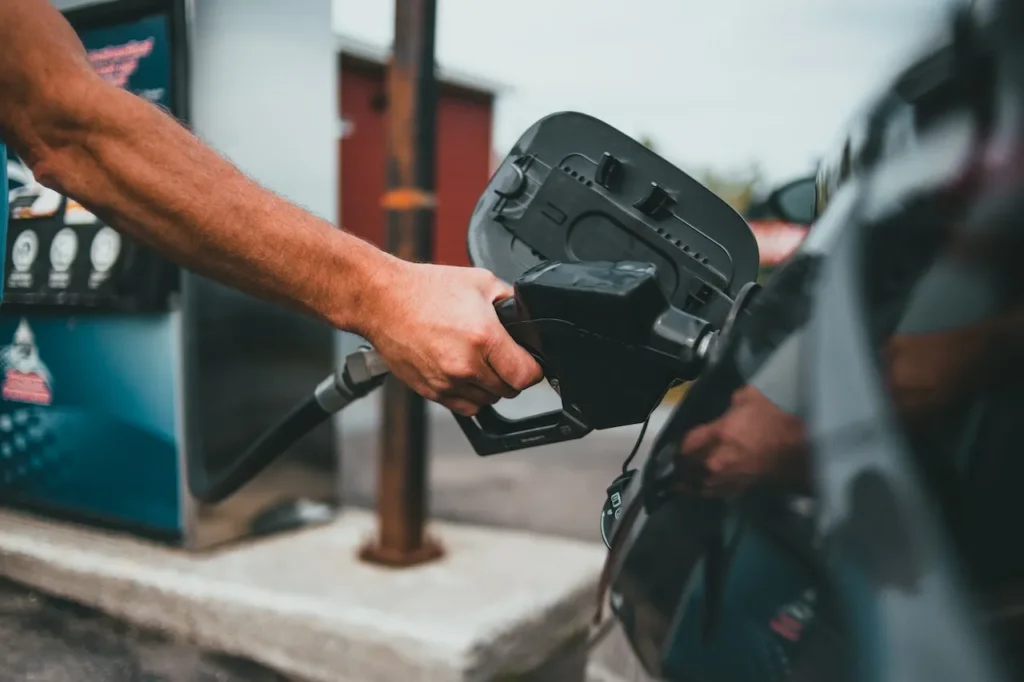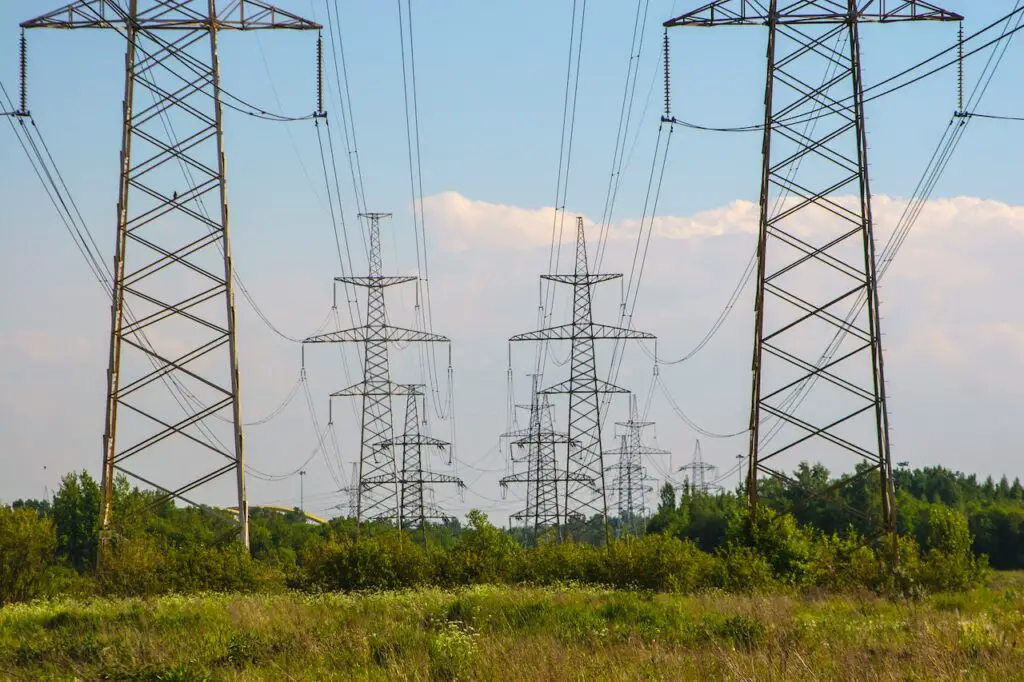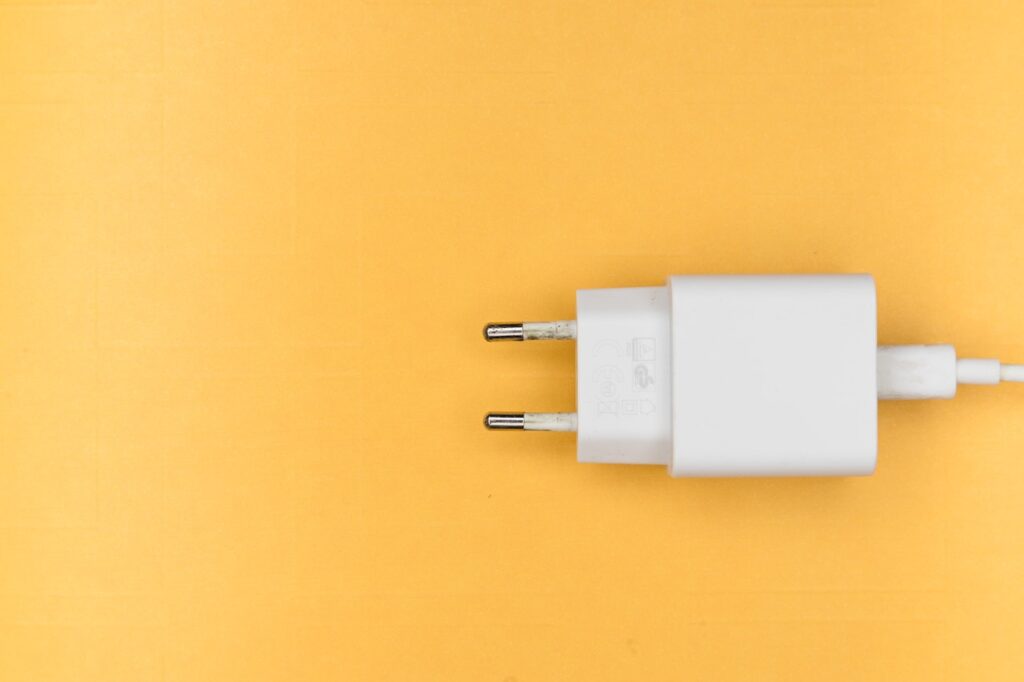If you’re looking to save money on gas, improve your car’s fuel efficiency, or reduce your carbon footprint, there are many ways to make your car more fuel efficient. With the right maintenance, driving habits, and upgrades, you can improve your car’s gas mileage and save money over time.
One of the easiest ways to improve your car’s fuel efficiency is to keep your car well-maintained. Regular oil changes, tire rotations, and air filter replacements can help keep your car running smoothly and efficiently. In addition, keeping your tires properly inflated can help improve your car’s gas mileage by up to 3%.
Another way to improve your car’s fuel efficiency is to change your driving habits. Accelerating slowly, maintaining a consistent speed, and avoiding hard braking can all help improve your car’s gas mileage. In addition, reducing your speed on the highway can also improve your car’s fuel efficiency. By following these tips and making a few upgrades, you can help improve your car’s fuel efficiency and save money at the pump.

Understanding Car Fuel Efficiency
Improving your car’s fuel efficiency can save you money and reduce your environmental impact. To understand how to improve fuel efficiency, it’s important to first understand what it is and why it matters.
What is Fuel Efficiency?
Fuel efficiency measures the amount of fuel your car needs to travel a certain distance. It’s usually measured in miles per gallon (mpg) or liters per 100 kilometers (L/100km). The higher the mpg or lower the L/100km, the more fuel-efficient the car is.
There are several factors that affect fuel efficiency, including:
- Your driving habits
- The condition of your car
- The type of fuel you use
- The weight of your car and any cargo you’re carrying
- The aerodynamics of your car
Why is Fuel Efficiency Important?
Improving your car’s fuel efficiency has several benefits:
- You’ll save money on gas
- You’ll reduce your carbon footprint and help the environment
- You’ll be able to drive farther on a single tank of gas
- You’ll have to fill up less often, which can be especially convenient on long road trips
Additionally, fuel efficiency is becoming increasingly important as governments around the world implement stricter emissions standards and offer incentives for fuel-efficient cars. By improving your car’s fuel efficiency, you’ll not only save money and help the environment, but you’ll also be better prepared for the future of the automotive industry.
Factors Affecting Car Fuel Efficiency
Improving your car’s fuel efficiency can save you money and reduce your carbon footprint. There are several factors that affect your car’s fuel efficiency, including engine performance, aerodynamics, tire pressure, and vehicle weight. By understanding these factors, you can take steps to improve your car’s fuel efficiency and save money at the gas pump.
Engine Performance
The engine is the heart of your car, and its performance can have a significant impact on fuel efficiency. A poorly tuned engine can waste fuel and reduce efficiency. Regular maintenance, such as oil changes and tune-ups, can help keep your engine running smoothly and improve fuel efficiency. Additionally, using the recommended grade of motor oil can help improve fuel efficiency.
Aerodynamics
The shape of your car can also affect fuel efficiency. Cars with a more aerodynamic design, such as a rounded front end and smooth lines, can reduce wind resistance and improve fuel efficiency. On the other hand, cars with a boxy shape and sharp angles can create more wind resistance and reduce fuel efficiency. Keeping your windows rolled up and using a roof rack only when necessary can also improve aerodynamics and fuel efficiency.
Tire Pressure
The pressure of your car’s tires can also affect fuel efficiency. Underinflated tires can reduce fuel efficiency by increasing rolling resistance, while overinflated tires can reduce traction and wear out more quickly. Checking your tire pressure regularly and inflating your tires to the recommended pressure can help improve fuel efficiency and extend the life of your tires.
Vehicle Weight
The weight of your car can also affect fuel efficiency. Carrying excess weight in your car, such as heavy luggage or unnecessary items, can reduce fuel efficiency by making your car work harder. Removing excess weight from your car and avoiding carrying unnecessary items can help improve fuel efficiency.
Tips for Improving Car Fuel Efficiency
Driving Habits
One of the easiest ways to improve your car’s fuel efficiency is to practice good driving habits. Unnecessary speeding, sudden acceleration, and hard braking can all waste fuel. Instead, try to maintain a steady speed and anticipate the movement of traffic. This will help you avoid unnecessary braking and acceleration, and ultimately save fuel.
Another way to improve your driving habits is to avoid idling. Idling for more than 30 seconds wastes fuel and releases unnecessary emissions. If you’re going to be stopped for longer than 30 seconds, it’s better to turn off your engine.
Maintenance Tips
Regular vehicle maintenance is also key to maximizing fuel efficiency. Keeping your tires properly inflated can improve your gas mileage by up to 3%. Make sure to check your tire pressure regularly and inflate your tires to the recommended pressure listed in your owner’s manual.
Replacing dirty air filters can also improve your fuel efficiency by up to 10%. Make sure to replace your air filter every 12 months or 12,000 miles, whichever comes first.
Fuel-Saving Technologies
There are also a number of fuel-saving technologies available that can help improve your car’s fuel efficiency. For example, hybrid and electric vehicles use less fuel than traditional gasoline-powered vehicles. If you’re in the market for a new car, consider purchasing a hybrid or electric vehicle.
Another fuel-saving technology is automatic start-stop systems, which turn off your engine when you’re idling and turn it back on when you’re ready to go. This can save fuel and reduce emissions.
Finally, cruise control can also help improve your fuel efficiency by maintaining a steady speed on the highway. This can help you avoid unnecessary acceleration and deceleration, which can waste fuel.
Read more…
If you have enjoyed this you may want to read some of our other articles on electric cars, charging your hybrid, or downsides of hybrid vehicles.




